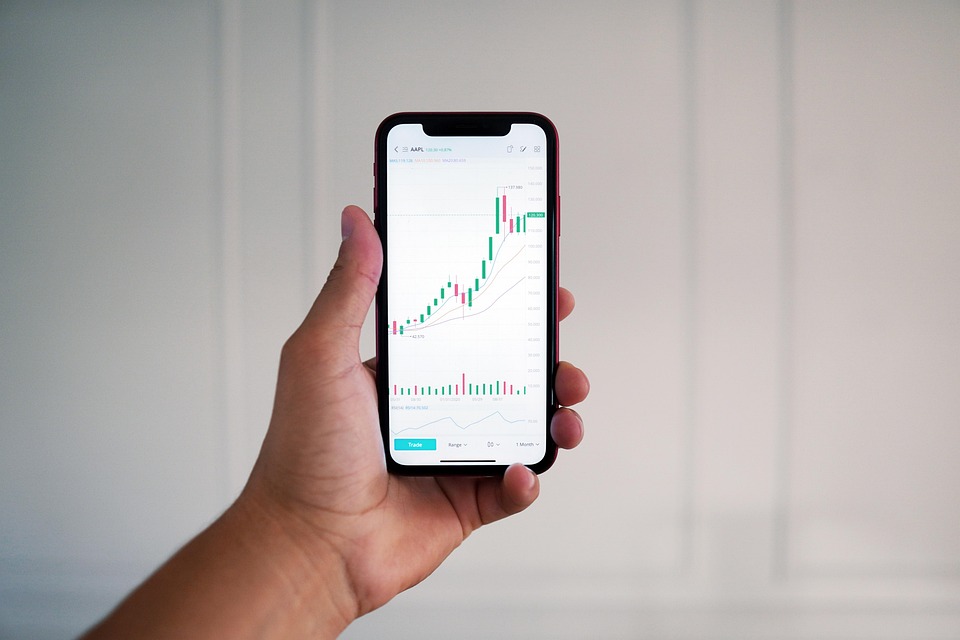Comparing TD Direct Investing’s Trading Fees with Other Platforms
In the ever-evolving landscape of online trading, investors are constantly seeking platforms that offer the best value for their money. One of the most significant factors influencing a trader’s choice is the trading fees associated with each platform. TD Direct Investing, a prominent player in the Canadian market, has garnered attention for its competitive pricing structure. In this article, we will compare TD Direct Investing’s trading fees with those of other popular trading platforms to help you make an informed decision.
Understanding TD Direct Investing’s Fee Structure
TD Direct Investing offers a straightforward fee structure that appeals to both novice and experienced traders. The platform charges a flat fee for stock trades, which is competitive compared to many other brokerage firms. As of the latest updates, the standard commission for online equity trades is set at a fixed rate, making it easy for investors to calculate their costs upfront. Additionally, TD Direct Investing provides commission-free trading for certain ETFs, which can be a significant advantage for those looking to build a diversified portfolio without incurring high costs.
Comparative Analysis with Other Platforms
When comparing TD Direct Investing’s fees with other platforms, it is essential to consider both traditional brokerages and newer, commission-free trading apps.
1. **Traditional Brokerages**: Many traditional brokerages in Canada, such as RBC Direct Investing and BMO InvestorLine, have similar fee structures to TD Direct Investing. However, some may charge higher commissions for trades, especially for smaller accounts. It’s crucial to evaluate the total cost of trading, including any additional fees for account maintenance or inactivity.
2. **Commission-Free Trading Apps**: Platforms like Wealthsimple Trade and Questrade have disrupted the market by offering commission-free trading on stocks and ETFs. While these platforms may not charge trading fees, they often have other costs associated with currency conversion or premium features. For investors who trade frequently, the absence of commissions can lead to significant savings over time.
Additional Costs to Consider
While trading fees are a critical component of the overall cost of investing, they are not the only factor to consider. Other potential costs include:
– **Account Maintenance Fees**: Some platforms charge annual fees for maintaining an account, which can add up over time.
– **Inactivity Fees**: If you do not trade frequently, certain brokerages may impose inactivity fees, which can be a deterrent for casual investors.
– **Currency Conversion Fees**: For investors trading in U.S. markets, currency conversion fees can significantly impact overall costs. TD Direct Investing offers competitive rates for currency conversion, which can be an advantage for those trading across borders.
Conclusion
In conclusion, TD Direct Investing offers a competitive trading fee structure that appeals to a wide range of investors. While it may not be the cheapest option available, especially when compared to commission-free trading platforms, it provides a robust suite of tools and resources that can justify the costs for many traders. Ultimately, the best choice will depend on your individual trading habits, investment goals, and the specific features you value in a trading platform. By carefully comparing the fees and services of TD Direct Investing with other platforms, you can make a more informed decision that aligns with your financial objectives.




